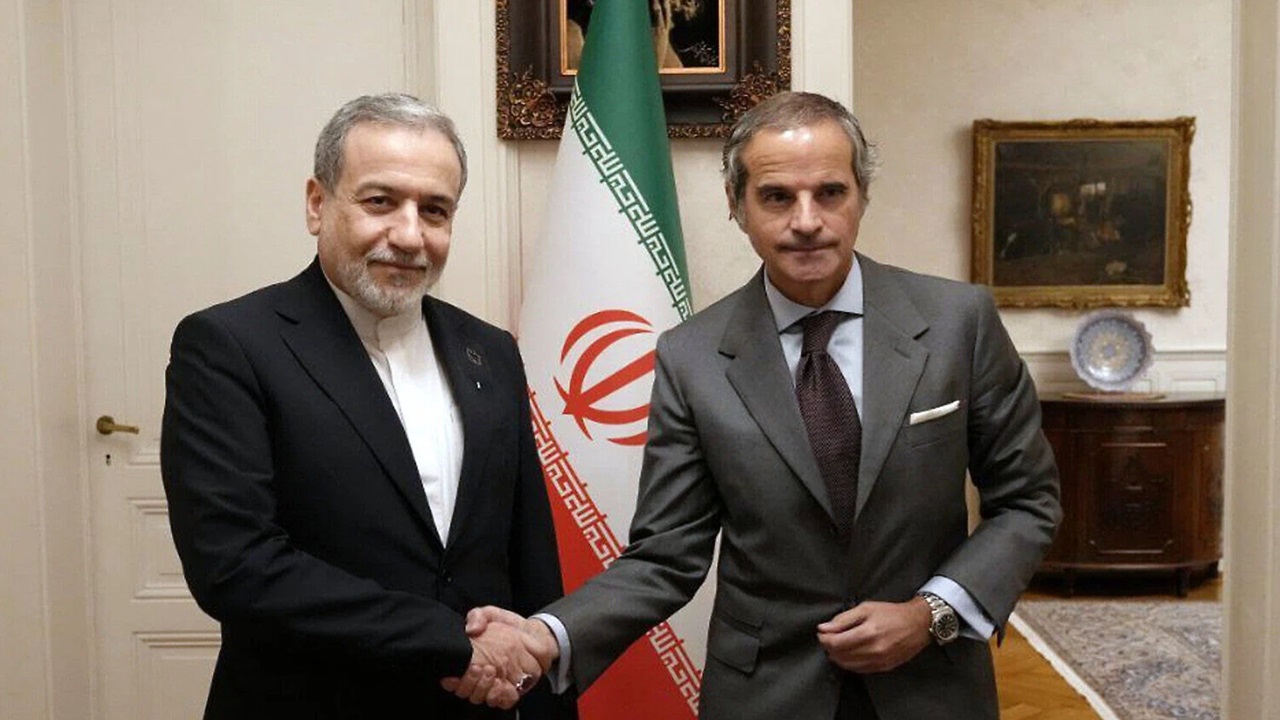Senate Hearing on Law Enforcement Lapses
On Tuesday, US Senate lawmakers are set to question the acting director of the Secret Service, Ronald Rowe, regarding the law enforcement lapses that preceded the attempted assassination of former President Donald Trump. This inquiry is part of a series of congressional hearings focused on the July 13 shooting incident. Rowe assumed his role last week after Kimberly Cheatle, his predecessor, resigned following intense criticism from lawmakers during a House hearing. Cheatle struggled to provide clear answers about the communication failures that occurred before the attack.
New Details from the FBI
Joining Rowe at the joint hearing of the Senate Judiciary and Homeland Security committees will be FBI Deputy Director Paul Abbate. The hearing follows the FBI’s release of new details about their investigation into the shooting. According to the FBI, the gunman, 20-year-old Thomas Matthew Crooks, had researched topics such as mass shootings, power plants, improvised explosive devices, and the May assassination attempt on the Slovakian prime minister.
The FBI also announced that Trump has agreed to be interviewed by agents as a crime victim. The bureau revealed last week that Trump was grazed in the ear by a bullet or fragment. Trump stated that he expects this interview to take place on Thursday. However, the primary focus of the Senate hearing will be on Rowe, as lawmakers seek to understand how Crooks managed to get so close to Trump.
Secret Service’s Operational Failure
During the hearing, Cheatle admitted that the Secret Service had “failed” in its duty to protect Trump, describing the incident as the agency’s “most significant operational failure” in decades. She pledged to thoroughly investigate the shortcomings and prevent a recurrence. Cheatle disclosed that the Secret Service received multiple reports about a suspicious individual prior to the rally and identified the roof from which Crooks fired as a potential vulnerability days before the event.
The Incident and Its Aftermath
Investigators determined that Crooks fired eight shots at Trump from an AR-style rifle after scaling the roof of a building approximately 135 meters from where Trump was speaking in Butler, Pennsylvania. The attack resulted in the death of one rally attendee and injuries to two others. Crooks was ultimately shot dead by a Secret Service counter sniper. Cheatle apologized to Trump in a phone call following the assassination attempt.
Trump’s Response
In a Monday night interview on Fox News, Trump defended the Secret Service agents who protected him but criticized the lack of coordination with local police. “They didn’t speak to each other,” he said. Trump praised the sniper who killed Crooks, calling the shot “amazing,” but added, “It would have been good if it was nine seconds sooner.”
Moving Forward
As the Senate hearing progresses, lawmakers will demand answers from Rowe and Abbate about the apparent communication breakdowns and security lapses that allowed Crooks to carry out his attack. The investigation aims to identify the failures and implement measures to ensure the safety of high-profile individuals in the future. The hearing underscores the critical need for effective communication and coordination among law enforcement agencies to prevent such incidents.
The attempted assassination of Trump has highlighted significant vulnerabilities within the Secret Service and the FBI. Addressing these issues is crucial to restoring public confidence in the agencies responsible for protecting the nation’s leaders. The Senate hearing will be a pivotal step in uncovering the truth and ensuring accountability.
(With inputs from agencies)








